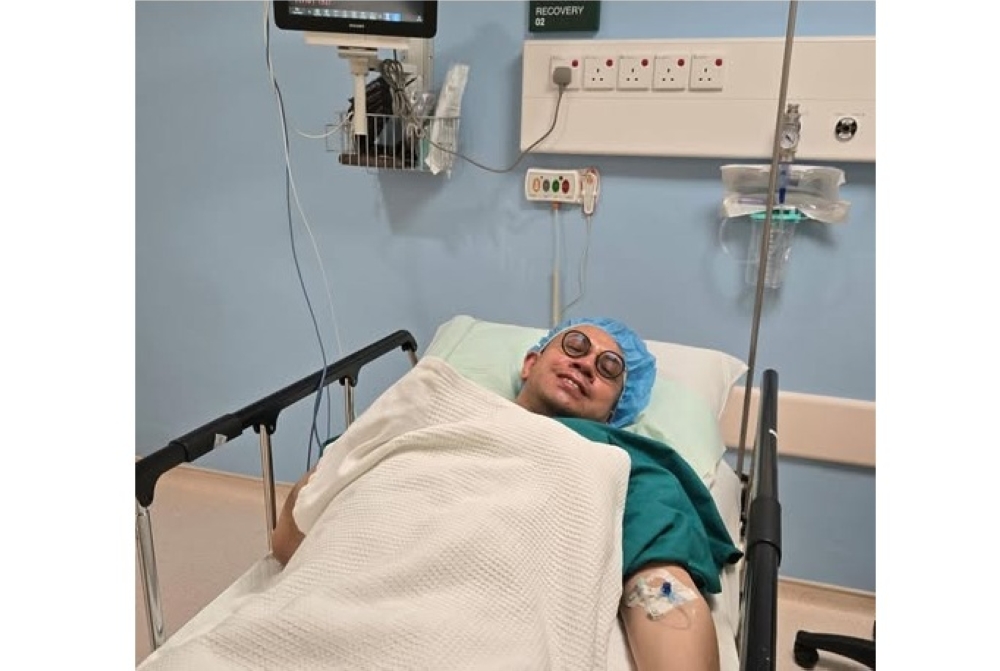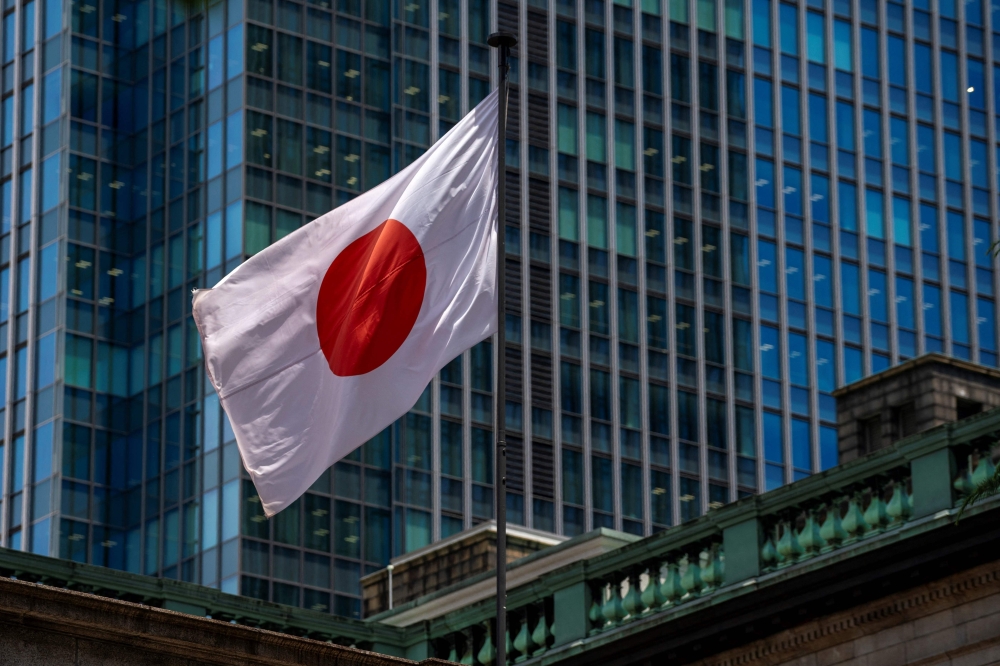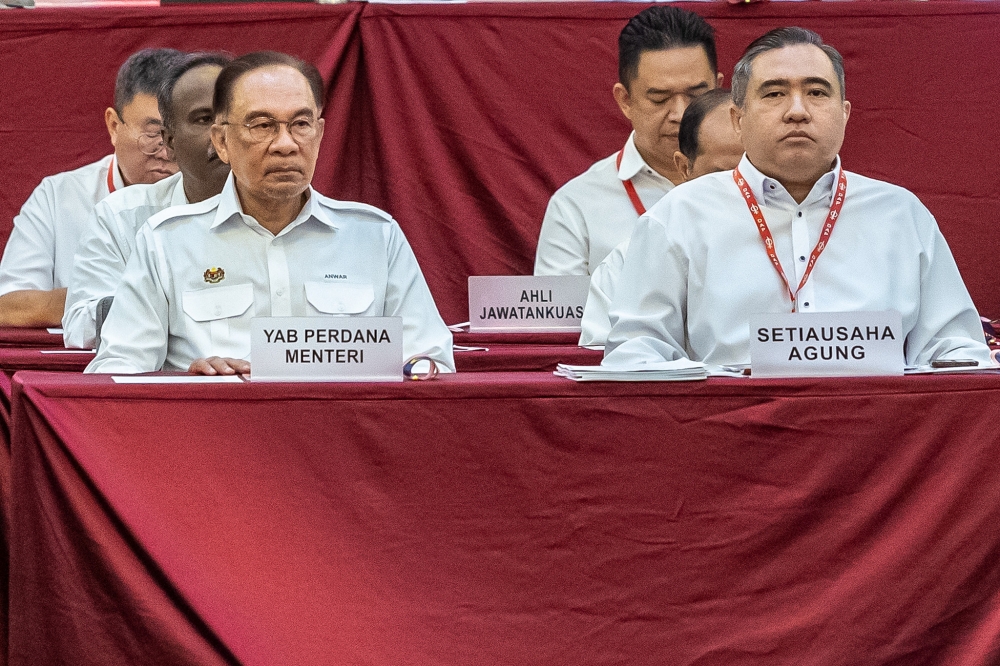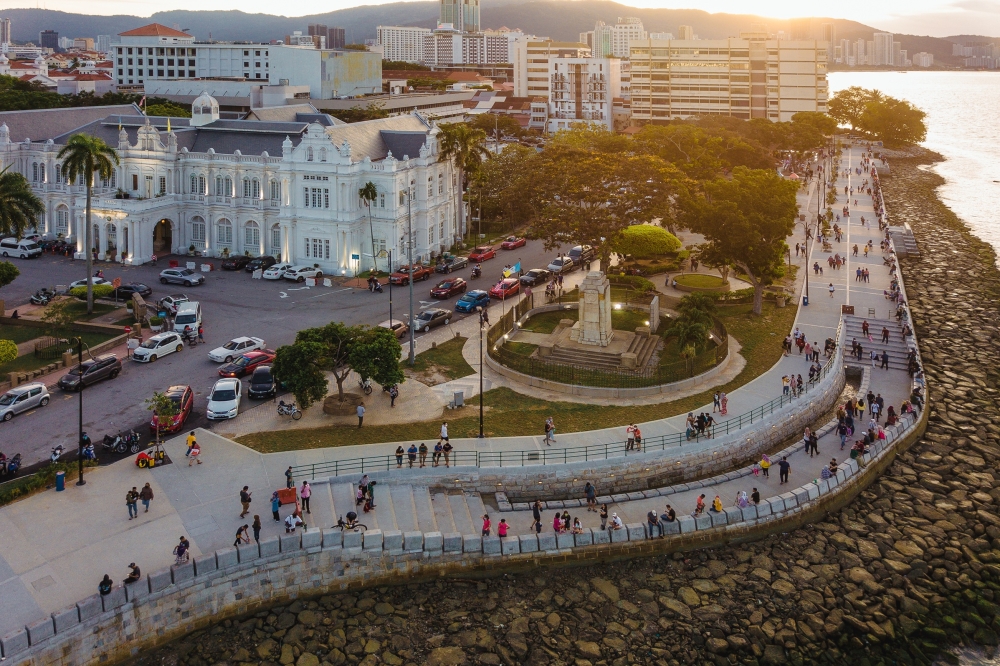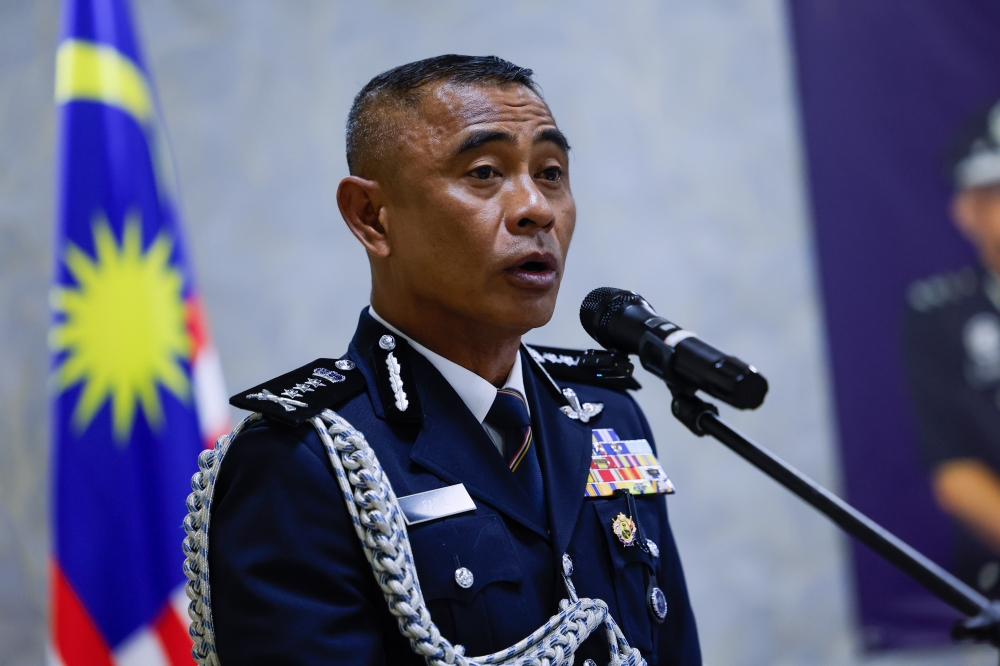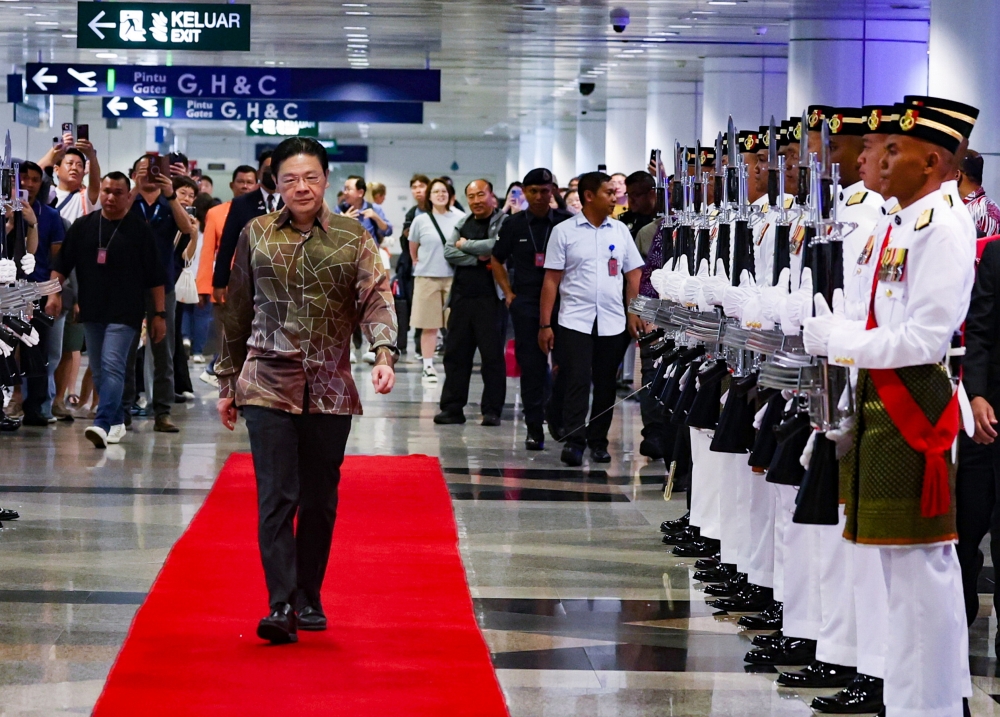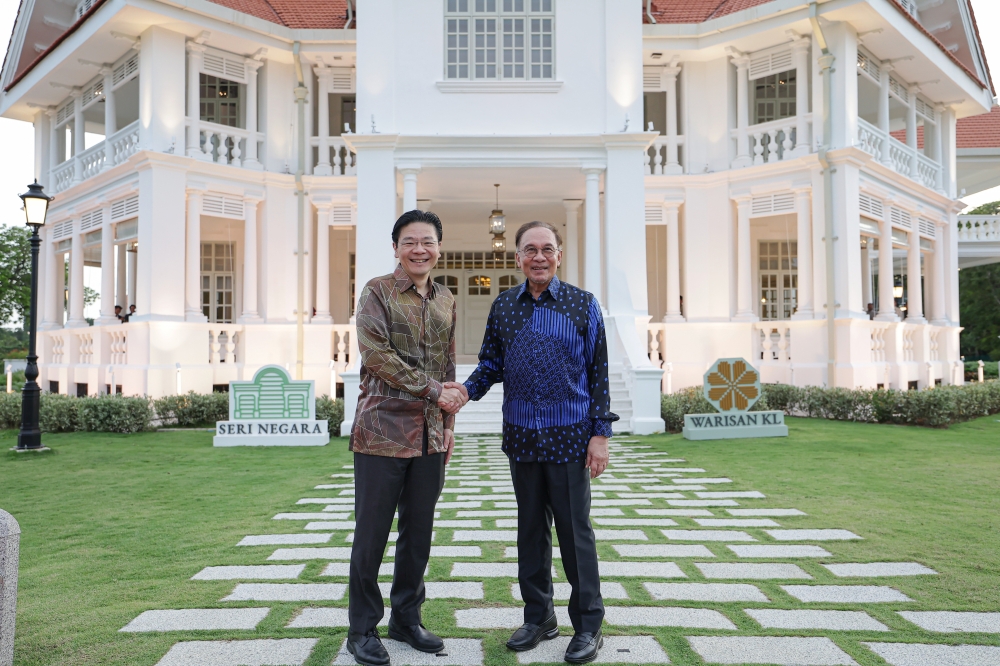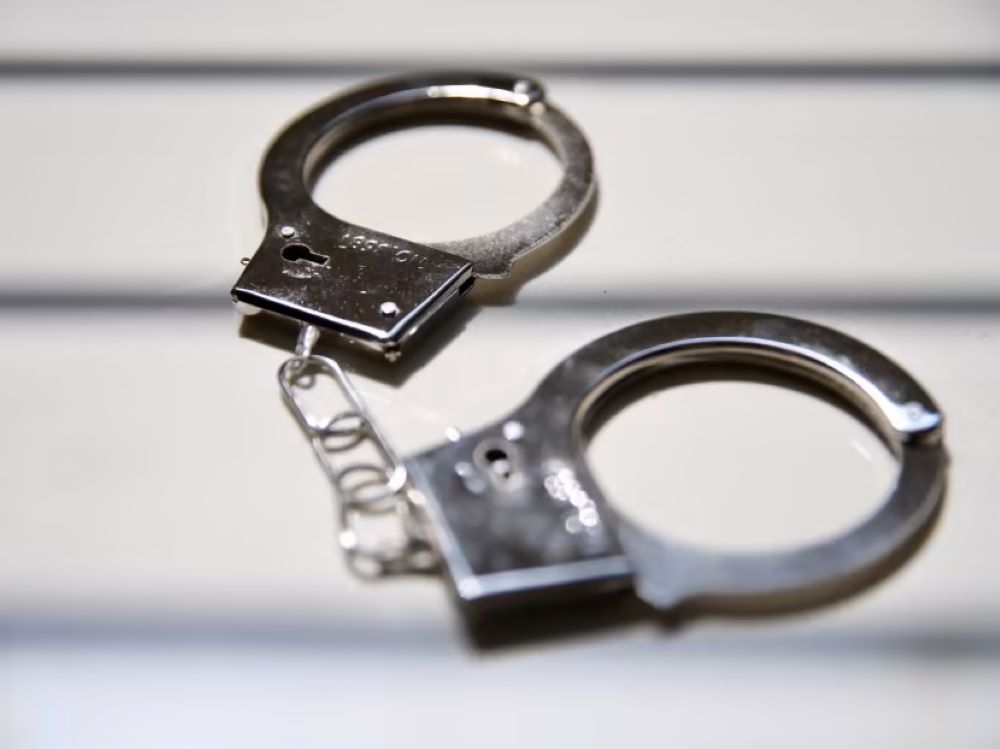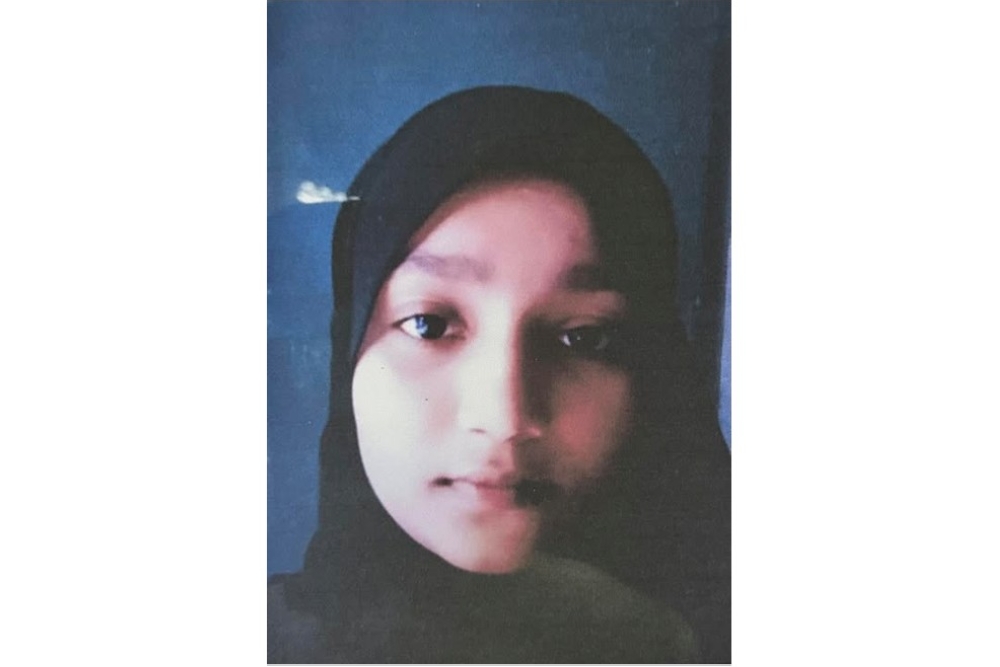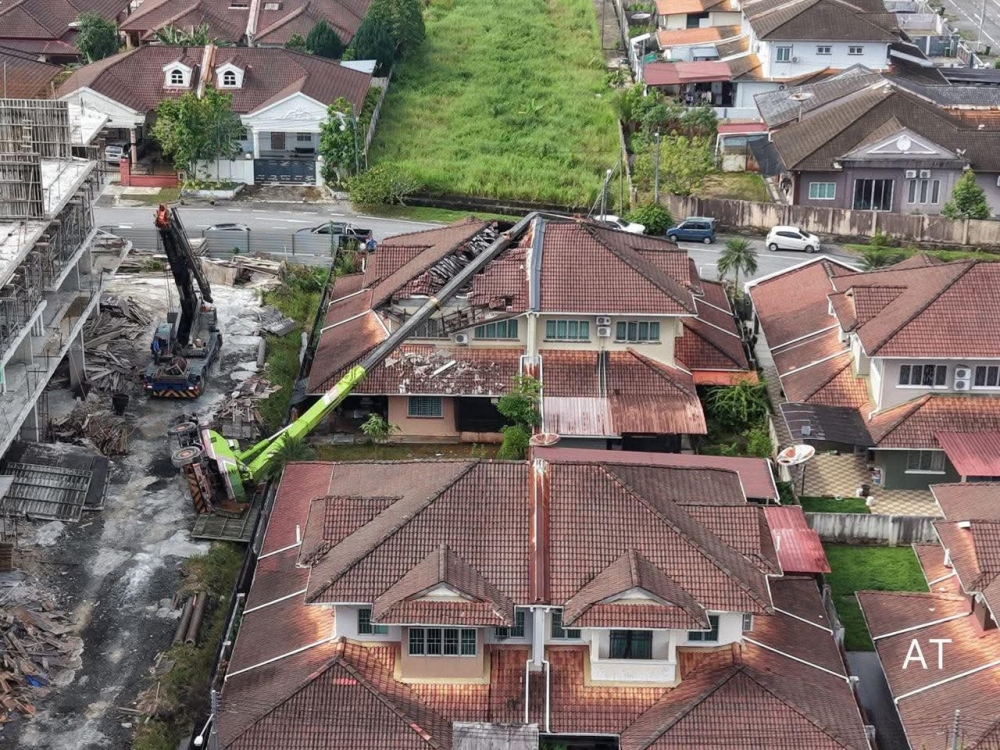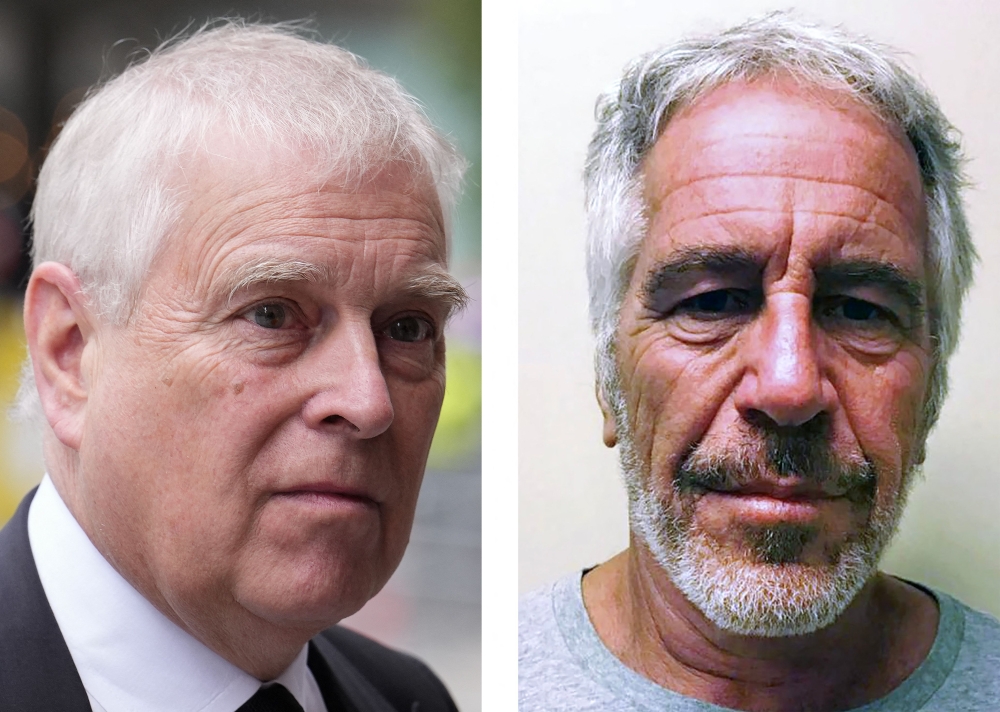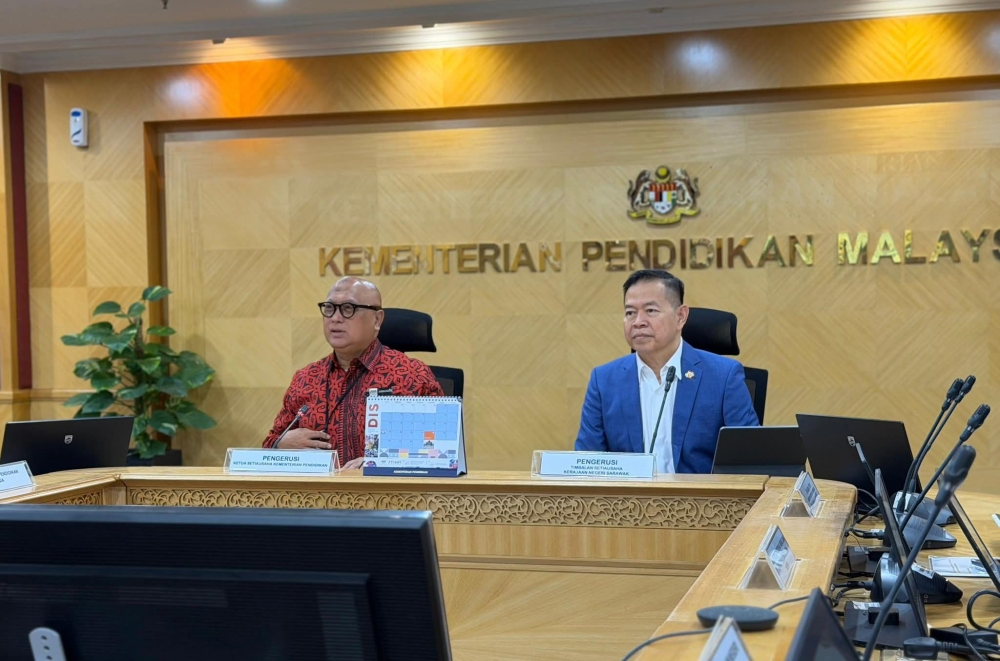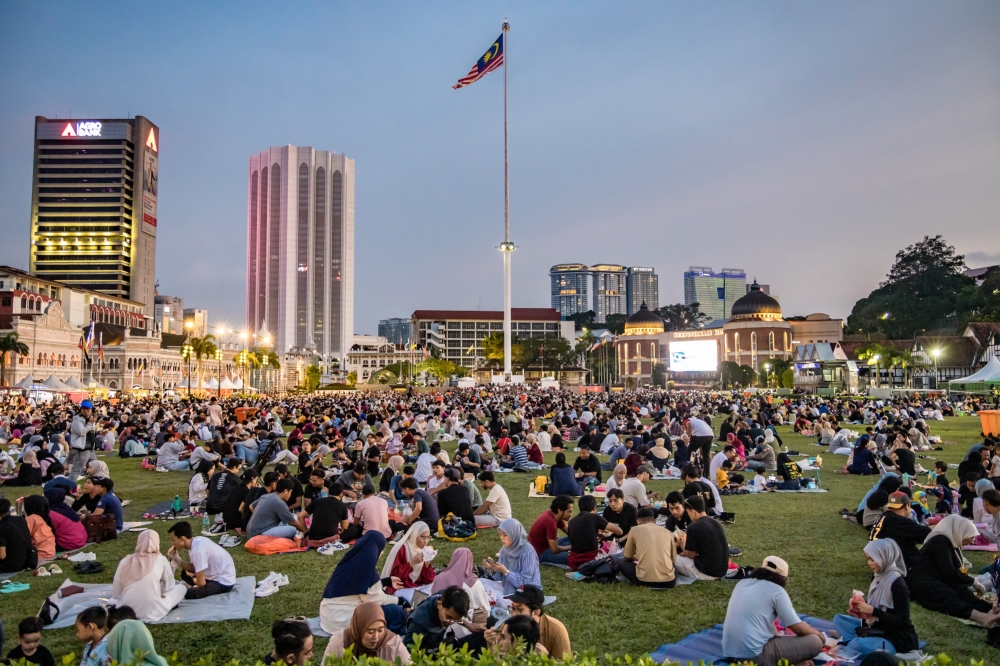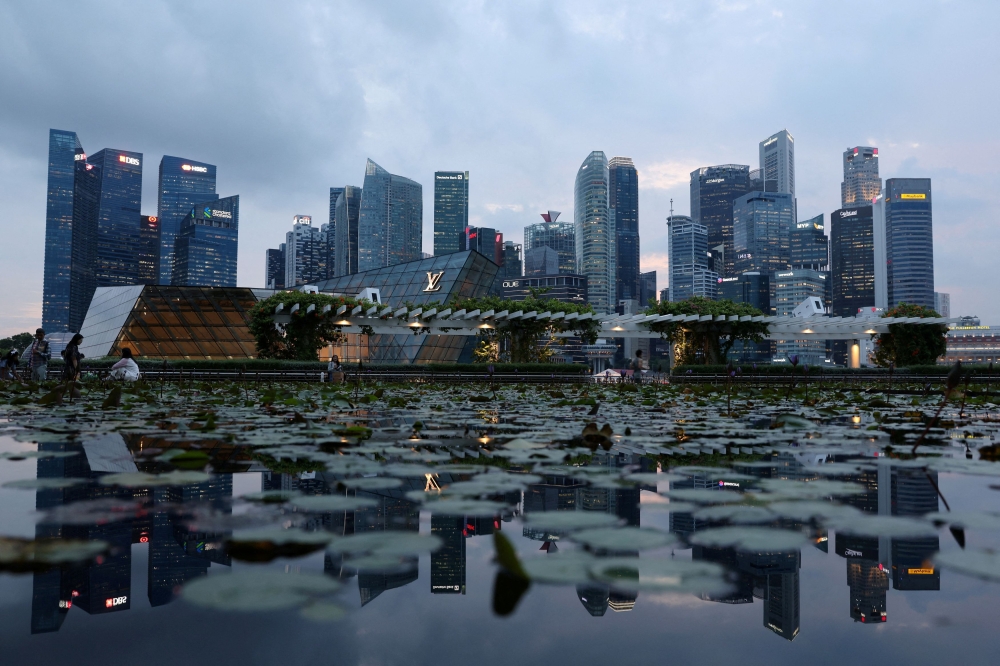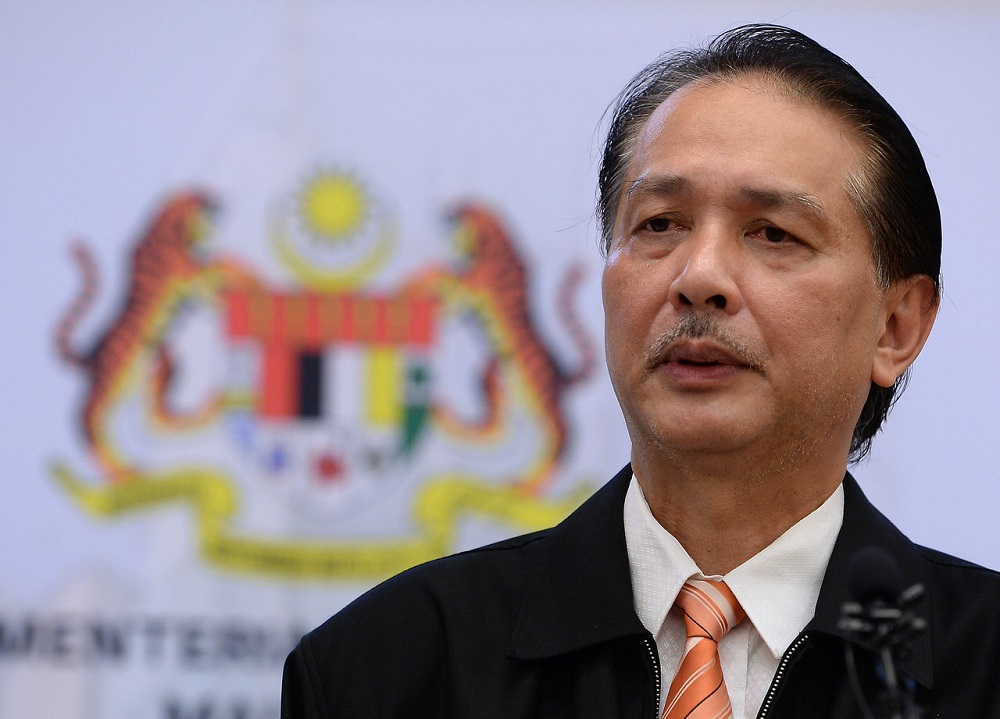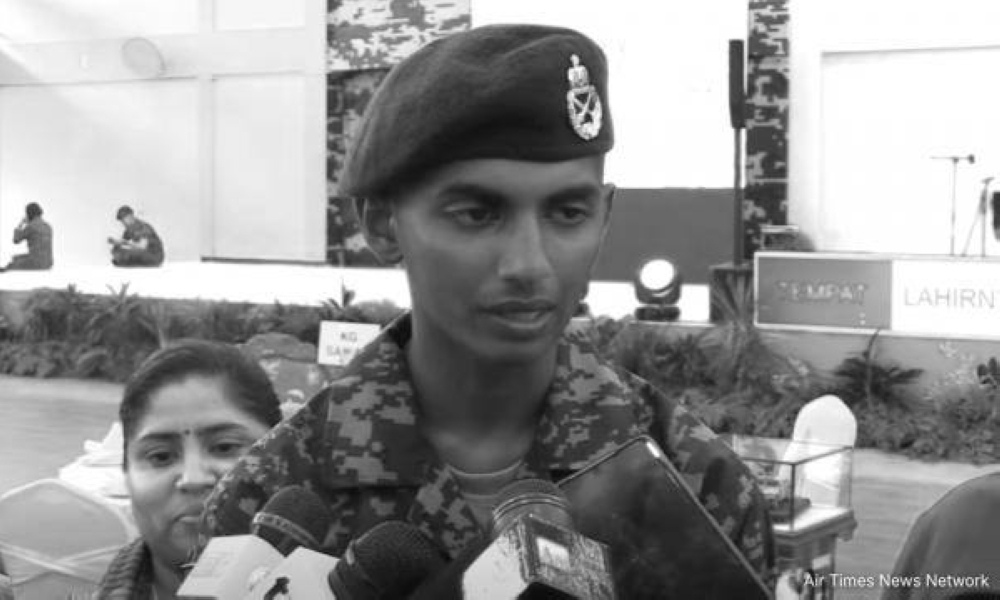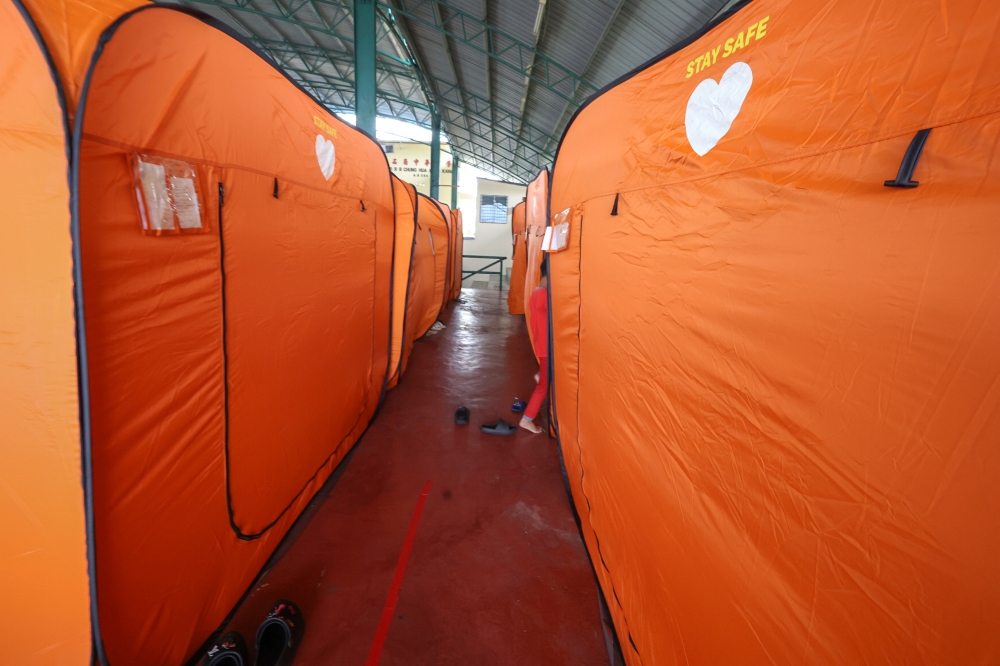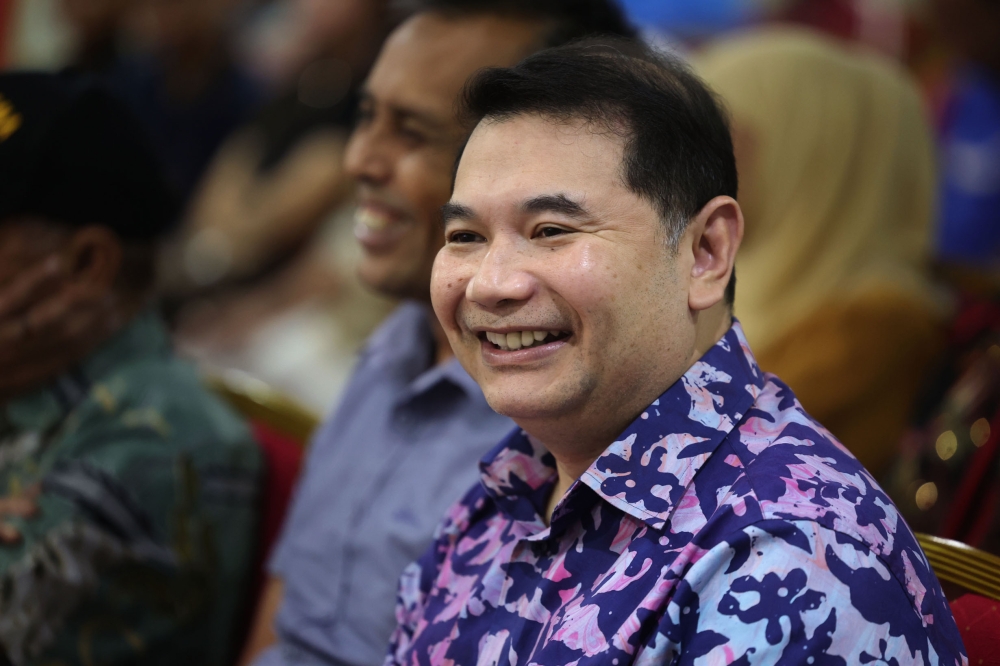KUALA LUMPUR, May 25 — Immediate medical attention and decontamination are needed at immigration detention centres where Covid-19 has emerged, said health director-general (D-G) Datuk Dr Noor Hisham Abdullah while stressing that foreigners should not be discriminated against in terms of healthcare.
In a brief Facebook post, Dr Noor Hisham said the urgent remedial steps should be taken to isolate and treat detainees in immigration depots with Covid-19 and for their close contacts to be quarantined.
“As the virus ravages in these centres we need to enhance the active cases detection and isolate and treat those positive cases immediately. Quarantine those close contacts and decontaminate the respective centres.
“The virus knows no boundaries and does not favour any ethnicity and social status,” he said.
“Our whole government and whole community approach should work together to fight the virus. Negative sentiments against detainees must not be amplified and must not be a catalyst for discrimination in saving lives,” he added.
Dr Noor Hisham’s Facebook post comes after the Health Ministry detected three new clusters in immigration depots in just the past few days.
Immigration depots and prisons are among locations most at risk to Covid-19 outbreaks due to overcrowding that prevents effective social distancing measures.
On May 21, the Health Ministry announced a new Covid-19 cluster at the Bukit Jalil immigration detention centre where 35 out of 645 individuals tested positive on that day, with 400 others testing negative and 210 pending then. The 35 new cases made up the bulk of 50 new cases detected on that day in Malaysia
On May 22, the Bukit Jalil immigration depot cluster’s numbers grew to 60, as 25 more Covid-19 positive cases were detected there on this day. The 25 new cases were part of 78 new cases detected in Malaysia on that day.
On May 23, the Health Ministry announced a new cluster at the Semenyih immigration detention centre where 21 Covid-19 cases were detected there. This figure is part of the 48 detected in the country that day.
For the 60 new cases detected on May 24 (yesterday), a total of 28 were found at the Semenyih immigration detention centre, while six were found in the latest cluster of the Sepang immigration detention centre.
This means that as of yesterday, the number of Covid-19 cases that had been detected at the three immigration depots are: Bukit Jalil depot (60), Semenyih depot (49), Sepang immigration depot (six).
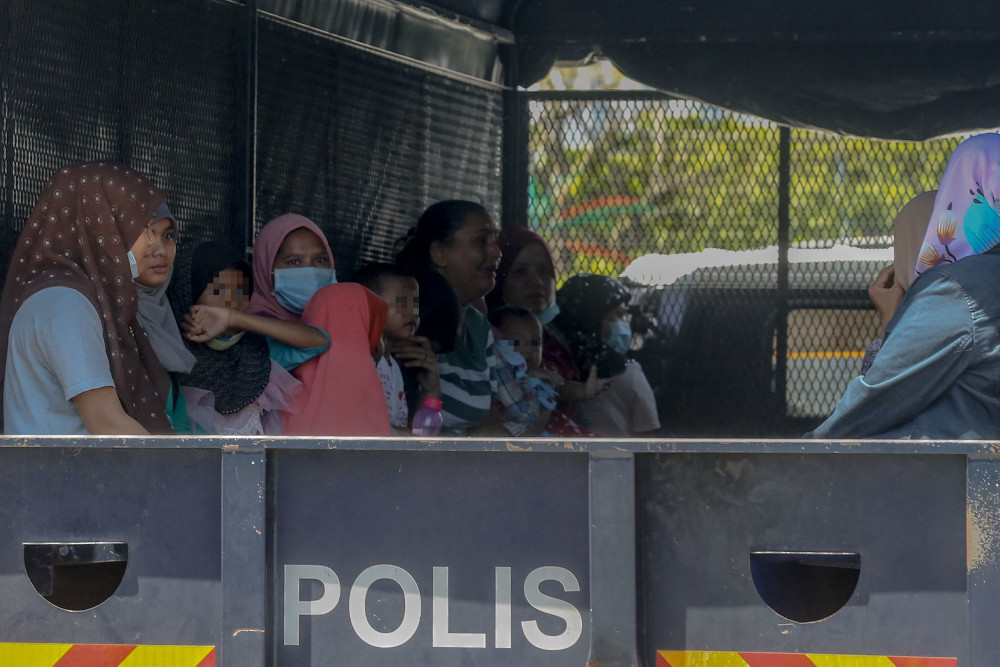
The discovery of new Covid-19 clusters at immigration depot comes after a recent spate of immigration crackdowns and raids on undocumented migrants and foreigners who were rounded up to be sent to immigration detention centres.
The Health Ministry had previously assured migrants and refugees that they could step forward for Covid-19 tests without having to fear for their status, but had also noted that its jurisdiction only covers ensuring Covid-19 is not spread to prisons and detention centres while immigration enforcement falls under the Home Affairs Ministry.
Concerned critics have questioned the timing of Putrajaya’s immigration raids on migrants and foreigners within the country amid the Covid-19 pandemic, with issues raised about the risks of putting them in detention in allegedly cramped conditions.
The United Nations had also voiced concern that the fear of being arrested and detained may drive vulnerable groups in Malaysia such as those from migrant or refugee communities into hiding and prevent them from seeking treatment, which could increase risks of Covid-19 spreading.
Senior Minister Datuk Seri Ismail Sabri Yaakob had however defended the government’s immigration enforcement action, saying that the raids on illegal immigrants were ongoing efforts that had taken place even before the country was placed under a movement control order (MCO) and that the authorities were merely following existing laws on illegal immigrants.


